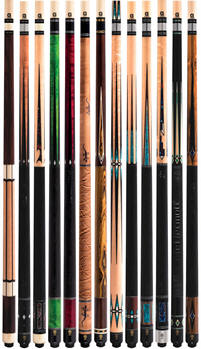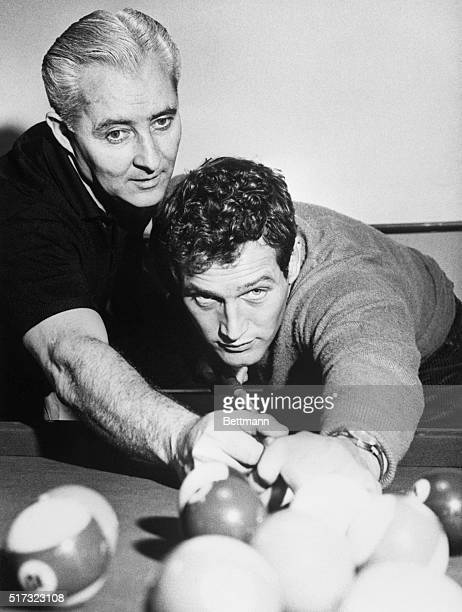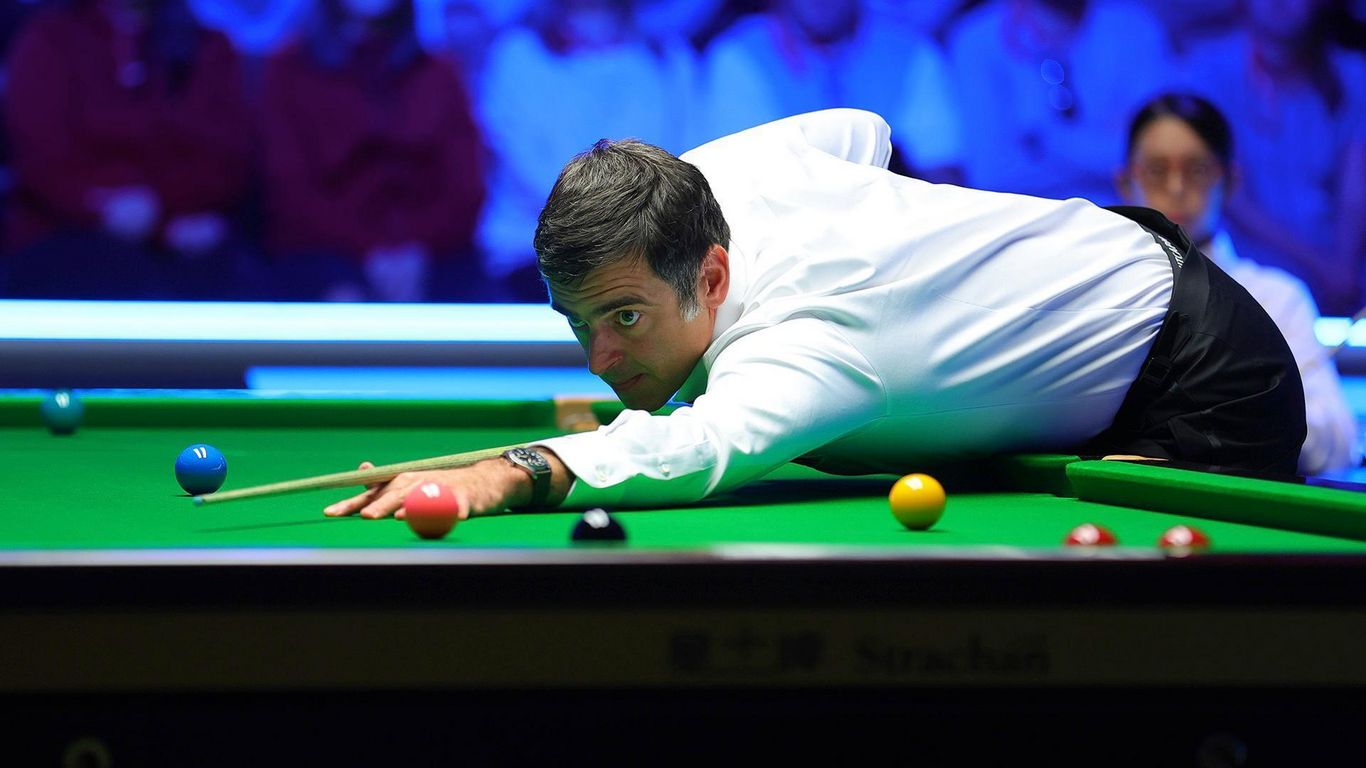
There are many choices when it comes to pool cues. They vary in size and weight so it is important to pick the right cue for you and your style of play. It's easy to become overwhelmed by the sheer number of cues available, but it is possible to find the perfect one for you. Here's a list of some of the most popular pool cues.
When buying a pool cue, the first thing you should consider is its length. Because a shorter length allows you to reach overhead and lift the cue while stroke, However, a longer length allows you to manage the cue better and control the stroke. A cue that is suitable for your arm length will also be important. If you are a tall child, for example, you will need a 48" or 52 inch pool cue. For adults, you have the option to choose a cue with more length, such a 61/4" cue.
The tip type is another consideration. Many pool cues come standard with a leather or multi-layered tip. A layered tip can be more consistent and lasts longer. Other options include nylon, suede or linen. It is crucial that tips are not too rough or greasy. They will quickly wear out, so it's important to buy a tip that lasts.

Next is the ferrule. The ferrule, which is located underneath the tip on the stick, protects your cue from any damage. Heavy balls can be handled better by pool cues equipped with nylon ferrules. They are less likely to vibrate, which can cause problems with accuracy.
Also, take a look at your cue's joint. The majority of pool cues have the joints half-way down the shaft. It is easier to store cues with joints closer to the centre. The cue will be more convenient to store if it has a central joint.
If you're looking for a top-of-the-line pool cue, you'll want to look at the shaft. A pool cue with a high-quality shaft will typically cost you between $300-500. Popular shafts are available in brass and carbon fiber.
If you look at materials, some pool cues can be made from hardwood. Maple is a common wood used for pool cues in the United States. There are also cues made from exotic woods. Even if your budget is tight, it's important to make sure that the material is strong enough so the cue ball can be handled.

Last but not least, your pool cue wrap must be smooth. It should also have no knots or raised areas. Some cues do not require a wrap. You might prefer a more customized design.
As you can see there are many things to consider when buying a pool cue. A good pool chopper will help you reach your goals no matter how avid you are.